
6 in 10 APAC firms fear political risk this year
However, this consensus was smaller than the previous year’s 67%.
Globally, political risks seemed to be the cherry on top when it comes to fears for this year. Sixty-four per cent (64%) of respondents from Asia Pacific showed concern about political risks this year, albeit smaller than the 67% in 2023 and 95% in 2022.
WTW’s unveiled that 30% of the world’s companies see "geostrategic competition" as greatly strengthening, whilst only about 15% feel the same for most other trends.
Despite this, concern about political risk remains high, with 96% of respondents adding new political risk management capabilities and over 70% experiencing a political risk loss. Respondents are particularly worried about risks in Asia, Europe, Russia, the Middle East, and North America, WTW’s “How are leading companies managing today’s political risks?” survey and report revealed
The era of a global rules-based order seems to be waning, with increased volatility and challenges for globalized business.
Many predict rising trends such as geostrategic competition, economic nationalism, democratic backsliding, and populism in 2024. Although political risk loss is now recognized as a tangible threat, most respondents are not yet retreating from globalization..
ALSO READ: How does S. Korea fare in terms of risk resilience?
Specific concerns highlighted in in-depth interviews reveal varied levels of acceptance of political risk across business functions. For instance, a mining sector interviewee pointed out the internal challenges, stating that business leaders often fail to grasp the instability of the current geopolitical landscape, relying on outdated assumptions from a period of relative stability.
Political risk losses soared in 2023, driven by the Ukraine conflict, which impacted currency convertibility, led to losses from Western sanctions, and saw an increase in expropriations as the Russian government nationalized foreign investments, according to the WTW report.
In Europe, political risk has topped the charts. Over the past seven years, survey trends suggest a shift from denial to shock among respondents between 2022 and 2023.
Understandably, 2023 survey respondents were alarmed, with nearly half predicting a significant increase in various geopolitical trends, from populism to inequality. However, in 2024, there seems to be a move towards acceptance of political risk loss.
As one interviewee from the U.S. food and beverages sector noted, there is greater awareness of "black swan events" and the need for resilient company systems.
Another interviewee from the healthcare sector emphasised that geopolitical risk has become far more significant due to events like the COVID-19 pandemic, the Russia-Ukraine war, and tensions around Taiwan.






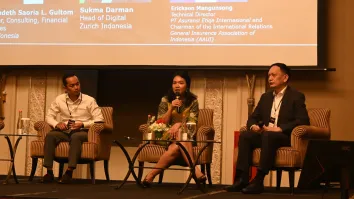
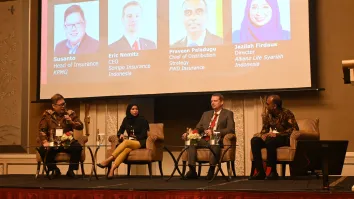

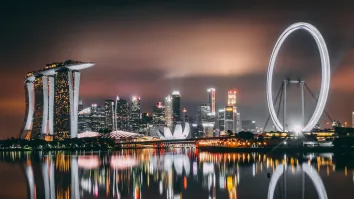
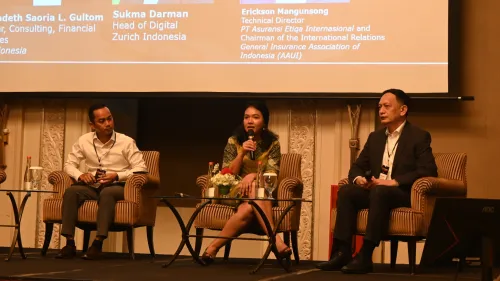
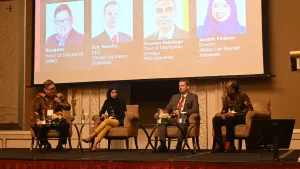

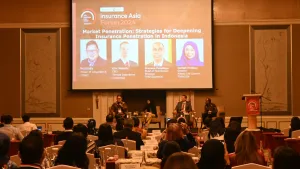
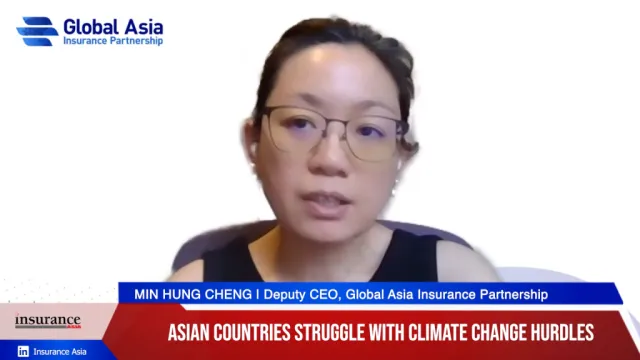

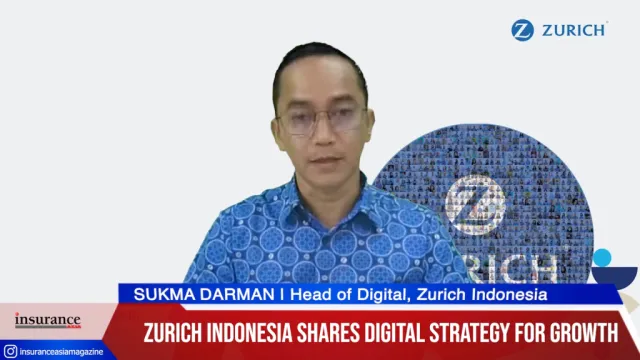

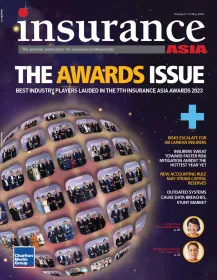
 Advertise
Advertise






